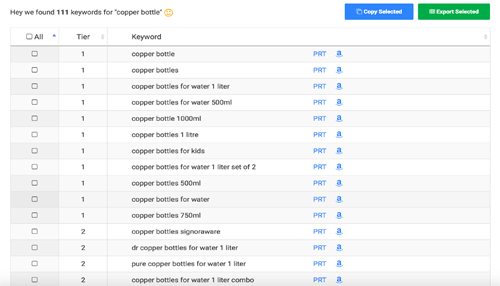Search engine optimization is not dead! Instead, it is more alive than ever before! Engaging in SEO activities on your website is extremely important. Even if you own an eCommerce website, it is important to optimize it. A lot of novice website developers and business owners forget to optimize their e-commerce sites. Well, it can reduce the overall ranking of your website during searches. Doesn’t this sound bad? The only solution to this problem would be search engine optimization!
Let’s get started on how to optimize your eCommerce website.
Fix All Crawl Errors
Almost all eCommerce websites face this problem. They are bound to have crawl errors. When your site faces a crawl error, the search engine tries to retrieve its URL; however, it will not be able to read the content on your website. This will have a prominent impact on your ranking and the index of your website. In simpler terms, the time and money you invest in your website or business will be wasted.
Crawl errors can be categorized into two types: URL and site errors. Site errors represent issues with displaying content on your website. On the other hand, URL errors are more serious. It affects the indexation of your website.
Site Speed
How long would you wait for a website to load? Do you have the patience to wait for 3 seconds or 5 seconds? Or are you impatient most of the time? This is why business owners are keen on site speed. A slow site would turn customers away. After all, there are so many quicker e-commerce websites. To stay ahead in the race, your website should load in 2 seconds or less. You can check your website speed at https://marketersmedia.com. Ask your web developer to design sites that load at this rate! This is not an impossible task. Instead, your website needs to be designed carefully.
Amazon’s Keyword Tool
Those who are running an e-commerce website will find the Amazon Keyword Tool useful. This tool helps in identifying focused keywords. Always decide on tools that suit your venture. If you are building an e-commerce website, it would be smarter to use Amazon’s keyword tool over Google’s keyword planner. Amazon’s keyword tool is more focused on finding keywords that are product-oriented. It gives a list of keywords with other parameters like competition, trend, search volume, and CPC. On the other hand, Google’s tool is more generalized. It would be ideal for conventional websites and blogs.




